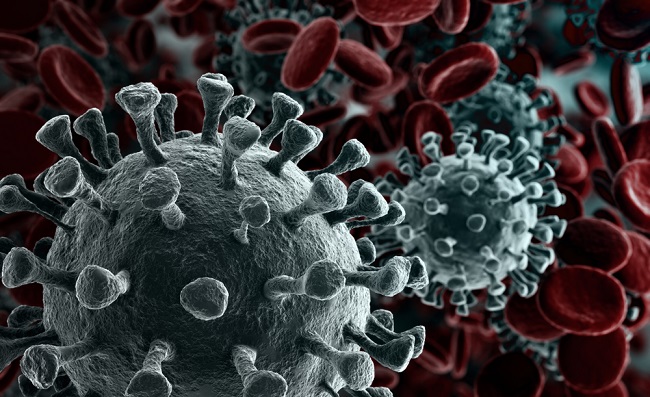New analysis of the impact of COVID-19 on Scotland’s care-homes
Published: 27 February 2024
New research describes the patterns of COVID-19 outbreaks in Scotland’s care homes, beyond the first wave of infections
New research describes the patterns of COVID-19 outbreaks in Scotland’s care homes, beyond the first wave of infections.
The study, undertaken by the University of Glasgow in partnership with the Advanced Care Research Centre, University of Edinburgh, demonstrates the severe effects of the virus on people living in care homes during the second wave of infections, despite considerable improvement in measures to protect residents.

Published in Age and Ageing (the official journal of the British Geriatrics Society), the study builds on earlier work on COVID-19 and care homes from the same research group, and includes analysis on a total of 1,313 outbreaks involving residents from March 2020 to October 2021.
Overall, across the whole study, 16,891 (83.0%) deaths were due to non-COVID-19 causes, 3,217 (15.8%) had COVID-19 recorded as the underlying cause of death, and 244 (1.2%) were COVID-19 associated deaths. The COVID-19 mortality rate per 1,000 beds fell from 45.8 in March to August 2020 (wave 1) to 29.3 in September 2020 to May 2021 (wave 2). After roll-out of vaccination, outbreaks involve a much smaller number of people and are shorter in duration, with the COVID-19 mortality rate falling to 3.5 per 1,000 beds in June to October 2021.
The analysis shows the consistently elevated risks associated with living in larger care homes, although the risk reduces as the pandemic progresses and epidemiology of the virus evolves. Similarly, the community prevalence of COVID-19 infections in the local authority area where the care home was located was associated with increased risk of outbreak.
Lead author Dr Jenni Burton said: “COVID-19 had a devastating impact on people living in care homes. We need to better understand exactly what happened so we can avoid the mistakes made in the future.
“Future pandemic planning has to take better account of the care sector and involve residents, families and carers. A critical gap remains that data about people living in care homes is limited, making them relatively invisible to policy. As well as clinical interventions like infection control, we need to better understand how building design and ventilation influences infection risk, and how to balance infection risk against creating a homely environment for residents to live in.”
Professor Bruce Guthrie comments “During and after wave 1, there many COVID-19 mitigation measures put in place including closing homes to visitors, regular staff and resident testing, and better isolation and management if residents were infected. However, continuing high mortality in residents in wave 2 emphasises that mitigation before vaccination was limited because of the high transmissibility of the virus and the high mortality of COVID-19 in older and frailer people.”
This research required time-consuming data management to link disparate health and social care datasets. Despite recognising the potential value of such data, the researchers point out this continues to be significantly challenging across all UK countries, and the topic of data featured heavily in the Scottish evidence sessions to the UK COVID-19 Inquiry. In particular, the data gaps around understanding the population living in care homes and the impact this had on the initial pandemic response remain of concern.
Dr Burton said: “There is a need for a unified approach to improving national data about people living in care homes across the UK, with benefits to be realised in the everyday organisation of health and care services to support them.”
The paper, 'Analysis of the impact of COVID-19 on Scotland’s care-homes from March 2020 to October 2021: national linked data cohort analysis' is published in Age and Aging. The research was commissioned from Public Health Scotland by the Social Care and Mental Health Directorate in Scottish Government. Analysis was conducted independent from the Scottish Government.
Enquiries: ali.howard@glasgow.ac.uk or elizabeth.mcmeekin@glasgow.ac.uk
First published: 27 February 2024
<< February

